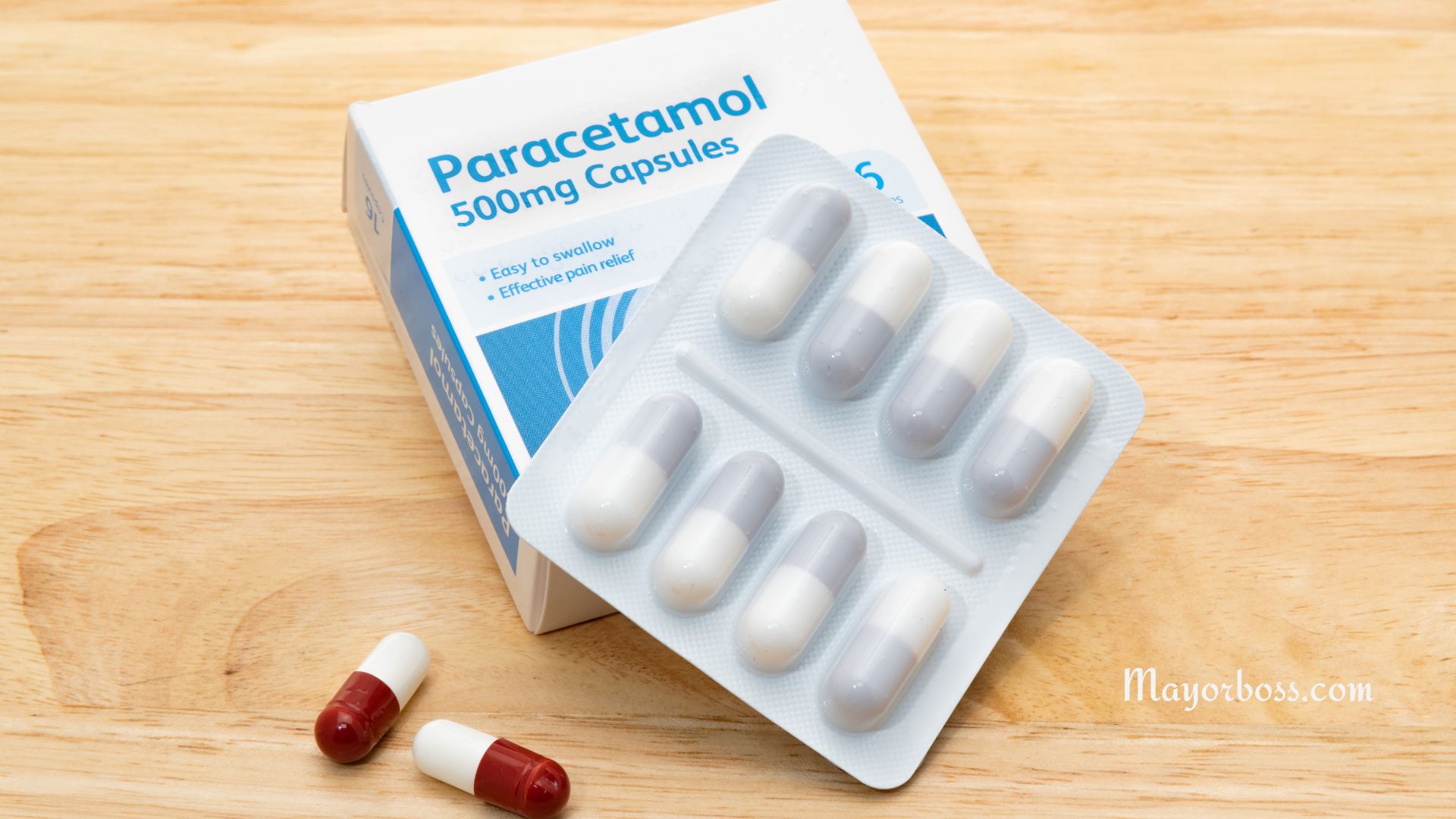Vitamin That Can Help You Lose Weight and Burn Belly Fat
Some vitamins, like vitamin D and B-complex vitamins, may support weight loss and help reduce belly fat when combined with a healthy diet and regular exercise.
Weight loss is not just about counting calories. Your body also needs the right nutrients to function properly, burn fat, and manage energy. Certain vitamins can support your metabolism, balance hormones, and improve how your body stores and uses fat, especially around the belly. Keep reading—I’ll explain everything you need to know!

Vitamin D
Vitamin D is one of the most researched vitamins in weight management.
Low levels of vitamin D are often found in people with obesity. Research shows that people with higher body fat tend to have lower vitamin D levels. One reason is that vitamin D is fat-soluble—it gets stored in fat cells, which can reduce its availability in the bloodstream.
When vitamin D levels are too low, it may interfere with hormones that control appetite and fat storage. This includes leptin, a hormone that tells your brain you’re full. Low vitamin D may also lead to insulin resistance, which can cause fat to build up around your belly.
How it helps:
- Supports fat breakdown
- Improves insulin sensitivity
- May reduce belly fat
Best sources: Sunlight, salmon, tuna, egg yolks, fortified milk, and supplements.
B-Complex Vitamins
The B vitamins work together to help your body turn the food you eat into usable energy. These include:
- B1 (thiamine)
- B2 (riboflavin)
- B3 (niacin)
- B5 (pantothenic acid)
- B6 (pyridoxine)
- B7 (biotin)
- B9 (folate)
- B12 (cobalamin)
These vitamins help your body process fats, proteins, and carbohydrates. Without enough B vitamins, your metabolism slows down, and you may feel more tired or sluggish, making it harder to stay active.
How they help:
- Support energy production
- Improve metabolism
- Reduce fatigue that can interfere with exercise
Best sources: Whole grains, leafy greens, eggs, meat, dairy, legumes, and fortified cereals.
Vitamin C
Vitamin C does more than help fight off colds. It also supports the body’s ability to burn fat during exercise. Studies suggest that people who are low in vitamin C may burn 25% less fat during workouts compared to those with adequate levels.
Vitamin C also helps your body make carnitine, a molecule that helps transport fat into your cells so it can be used for energy.
How it helps:
- Improves fat oxidation during workouts
- Aids in energy production
- Reduces inflammation that may contribute to belly fat
Best sources: Citrus fruits, bell peppers, strawberries, broccoli, and kiwi.
Vitamin E
Vitamin E is a powerful antioxidant that helps reduce oxidative stress, which can interfere with metabolism and fat storage. It also supports hormone health, especially for women. Imbalanced hormones—like cortisol and insulin—can increase abdominal fat.
How it helps:
- Supports hormone regulation
- Reduces oxidative stress
- May help reduce fat storage
Best sources: Nuts, seeds, spinach, avocado, and sunflower oil.
Choline: Not a Vitamin, But Still Important
Choline is a nutrient that behaves like a B vitamin. It helps with liver function and fat metabolism. It supports the transport of fat and cholesterol in the body and may prevent fat buildup in the liver.
How it helps:
- Promotes fat metabolism
- Supports liver health (which aids fat breakdown)
- May reduce abdominal fat storage
Best sources: Eggs, chicken, fish, beef liver, soybeans, and quinoa.
Can These Vitamins Alone Cause Weight Loss?
No. Vitamins are not magic pills. They won’t melt away belly fat overnight. However, if your body is deficient in certain nutrients, it may struggle to burn fat efficiently. Restoring proper levels of these vitamins can help your metabolism work better and improve your ability to lose weight when combined with:
- A balanced, calorie-conscious diet
- Regular physical activity
- Adequate sleep
- Stress management
Should You Take Vitamin Supplements?
If you’re eating a well-balanced diet, you may be getting enough vitamins through food. But if you have dietary restrictions, health conditions, or a known deficiency, supplements may be helpful. It’s best to speak with your doctor or a registered dietitian before starting any new supplement, especially if you have underlying health concerns.
Final Thoughts
Vitamins like D, B-complex, C, and E support the body’s natural fat-burning processes. While they won’t directly cause weight loss, they can help your body perform better during your weight-loss journey. Focus on getting these nutrients through whole foods, and use supplements if needed under medical guidance. Combined with lifestyle changes, these vitamins can help your body work more efficiently to reduce belly fat and support long-term weight management.






